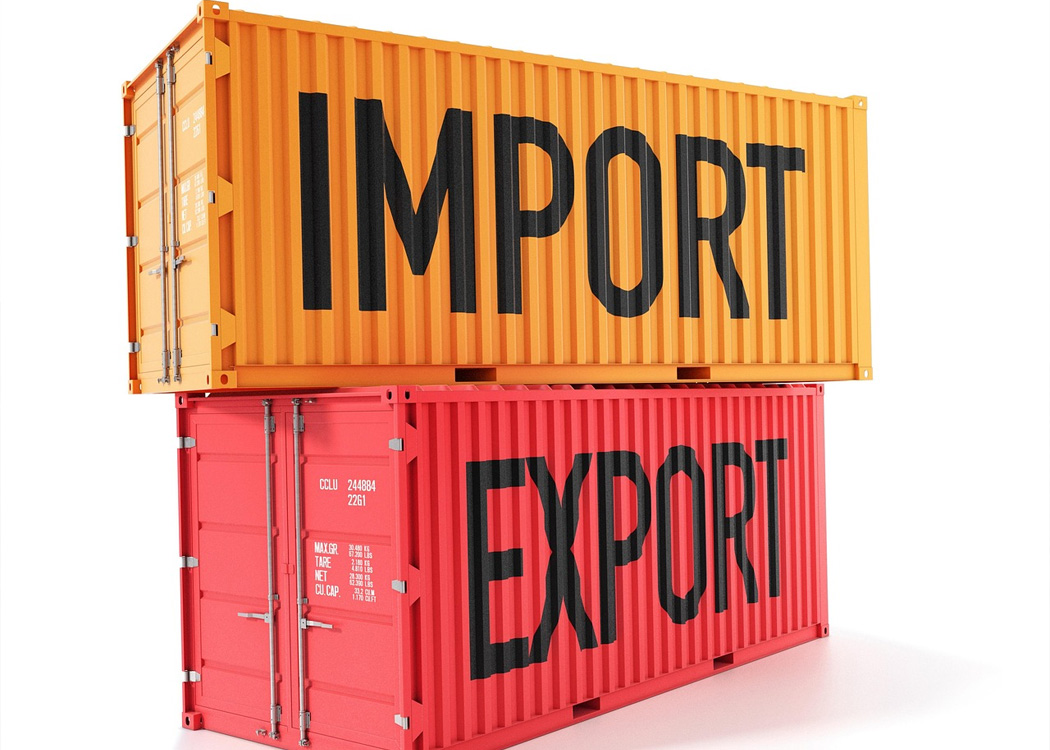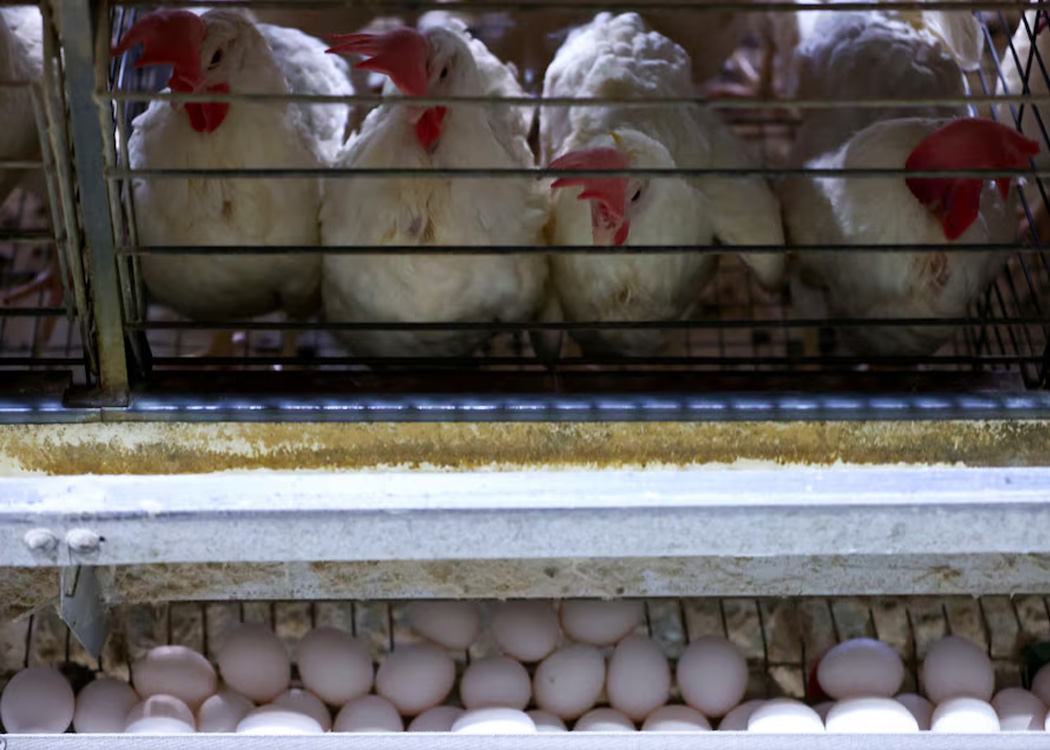Brazil is set to boost its poultry export market as Chile prepares to resume imports, while high-level negotiations with the European Union (EU) and China move toward final stages. Brazilian Agriculture Minister Carlos Fávaro confirmed the developments on Monday, signaling a strong rebound for the world’s largest poultry exporter after recent trade setbacks.
Earlier this year, dozens of countries, including Chile, imposed partial or full restrictions on Brazilian poultry following the detection of a bird flu (Highly Pathogenic Avian Influenza – HPAI) case on a commercial farm in southern Brazil. The move temporarily disrupted Brazil’s multi-billion-dollar poultry export industry, which supplies over 150 countries worldwide.
However, Brazil’s swift containment measures and adherence to international health protocols have helped restore confidence among trading partners. The country officially declared itself free of bird flu in commercial flocks after completing a 28-day monitoring period with no new outbreaks.
“Chile has already informed us they are ready to resume poultry imports from Brazil,” Minister Fávaro told journalists. “We are also in the final stages of negotiations with the European Union and China, which will further expand our market access and consolidate Brazil’s position as a reliable poultry supplier.”
Industry analysts say these developments could significantly boost Brazilian poultry exports in the second half of 2025, especially given the strong demand in Asia, the Middle East, and Europe. Brazil’s poultry industry, known for its competitive pricing and high sanitary standards, is expected to recover lost ground quickly as trade restrictions ease.
The potential deals with the EU and China are particularly important, as these regions represent some of the most lucrative and high-volume destinations for Brazilian poultry products, including frozen chicken cuts, whole birds, and processed poultry.
With global poultry consumption on the rise and bird flu disruptions gradually receding, Brazil is positioning itself for a strong comeback in international markets — a move that could benefit farmers, exporters, and the country’s agricultural trade balance.







